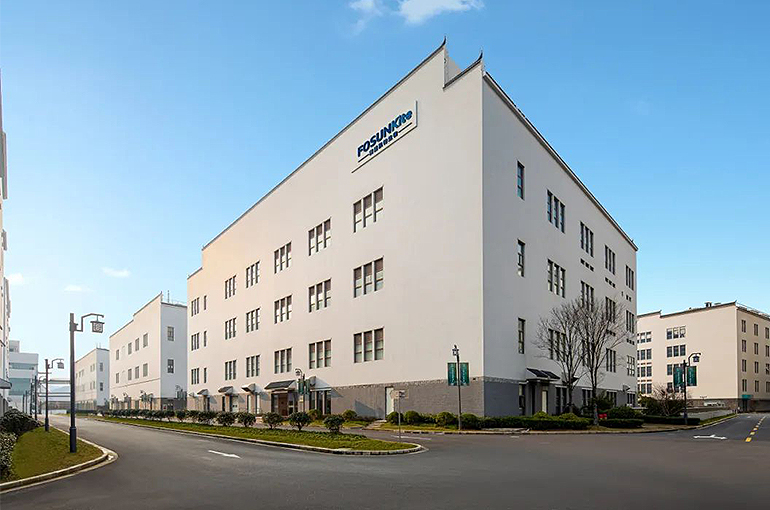 Fosun Kite's CAR-T Cell Therapy Is China's First Innovative Biological Drug Patients Pay Based on Efficacy
Fosun Kite's CAR-T Cell Therapy Is China's First Innovative Biological Drug Patients Pay Based on Efficacy(Yicai) Jan. 12 -- Fosun Kite Biotechnology said its chimeric antigen receptor-T cell therapy Yescarta will become China's first innovative biological drug that patients pay according to its efficacy.
Fosun Kite, a joint venture of China's Fosun Pharmaceutical Group and US Kite Pharma, will debut Yescarta's first payment plan for treating lymphoma based on the drug's efficacy on the platform of Sinopharm Group's Chenxi Health Technology, the Shanghai-based firm said yesterday.
Patients who fail to achieve a complete response after treatment with Yescarta, which is also China's first approved CAR-T cell therapy, will be refunded up to CNY600,000 (USD83,800), Fosun Kite pointed out.
A complete response means that imaging or bone marrow examination shows that the tumor lesions have fully disappeared, with no other tumor tissues found in the patient's body, and the tumor standards have normalized.
The practice of payment according to a drug's efficacy is inadequate in China, mainly facing two constraints, Qi Yuanyuan, the project leader of Fosun Kite, told Yicai. The first is to have enough data to measure the efficacy, and the other is to have objective evaluation criteria, Qi noted.
"Yescarta is the CAR-T product with the most real-world research data globally and the longest follow-up time at present and has accumulated 13,000 data cases worldwide," according to Qi. For the treatment effect on lymphoma, positron emission tomography–computed tomography is used for scanning, and there is a relatively objective global evaluation standard, he added.
The payment method based on efficacy takes into account drugs' long-term effectiveness and the huge short-term investment of patients, Wang Pei, a professor at the School of Public Health of Fudan University, said to Yicai. It is likely to enhance treatments' accessibility, Wang noted.
CAR-T cell therapies belong to living cell drugs with a high production cost. In addition, special treatment methods make mass production impossible, further increasing their cost.
Cell therapies, including Yescarta, have tried to enter China's medical insurance program to improve accessibility. However, the price of drugs included in the medical insurance catalog negotiation list must be less than CNY500,000, a difficult task for CAR-T cell therapies.
Four CAR-T cell therapy drugs have been approved in the Chinese market, with their applications limited to hematologic cancers that start in the immune system or blood-forming tissue.
Editors: Shi Yi, Martin Kadiev